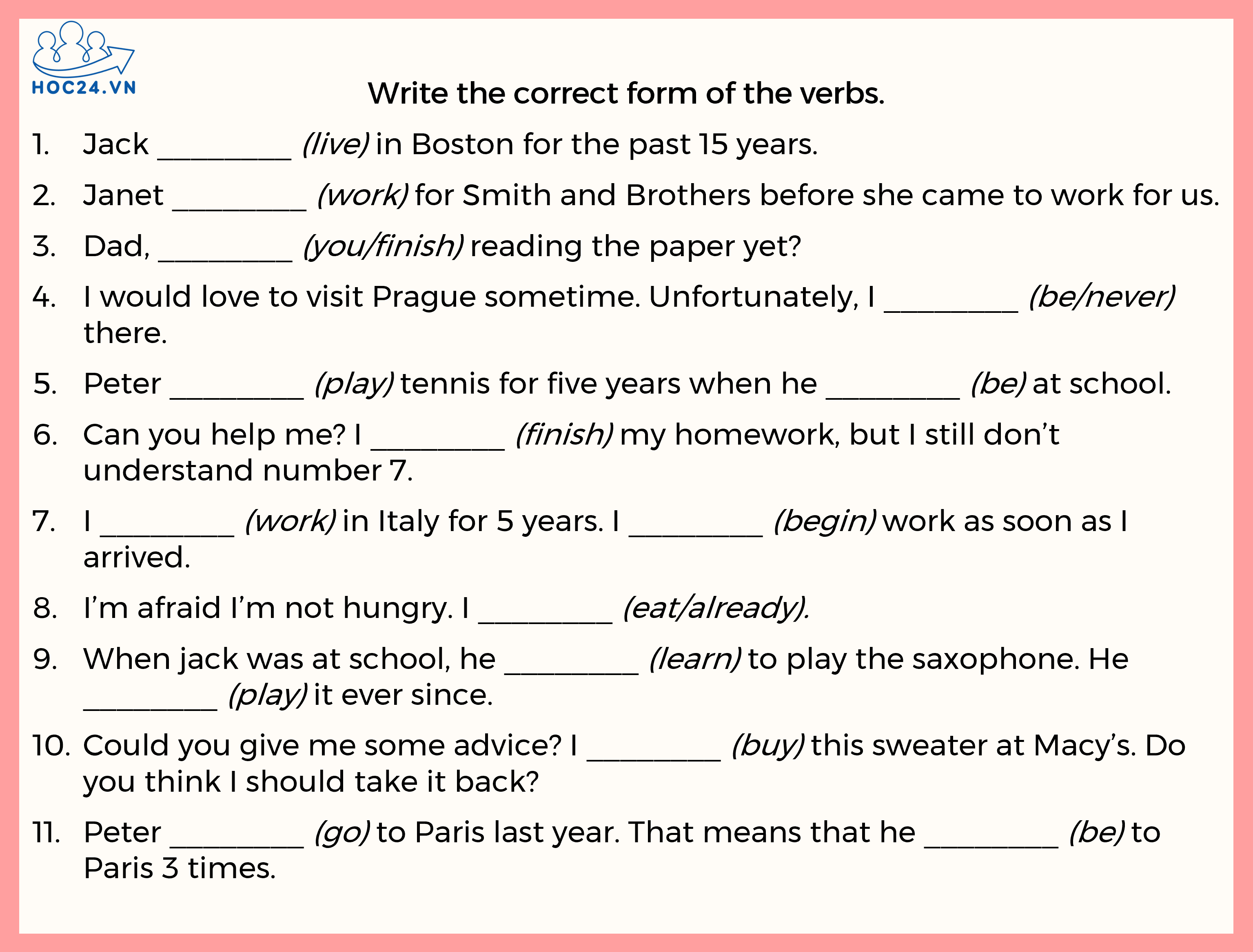Hãy nhập câu hỏi của bạn vào đây, nếu là tài khoản VIP, bạn sẽ được ưu tiên trả lời.


Anyone learning English also would like to know much vocabulary.
As many know the vocabulary, the more you use English better, easier.
In contrast, with the limited vocabulary, you will experience situations such as:
To hear people talk but don't understand
There are not enough words to express her wish to say
Read a few pages of documentation to take all morning sun because the new Word
And inhibition when learning in school again 1 from a hundred times-to come when need to spend is forgotten.
Of course, who also experienced the situation. Because beginner English, who also has a vocabulary = 0 are the same.
If you currently find yourself missing the words "aggravated", don't worry. Because you can get rid of that situation by starting to learn and accumulate vocabulary right now.
Day to day contributions picked up your vocabulary, vocabulary will increase.
But persistence only is not enough. You have to learn fast.
That's why you need the method and strategy of learning new words efficiently, save time; to help you quickly earn contributes the necessary vocabulary and use English on demand.
Below is some experience and effective vocabulary learning guide. You refer and apply according to learn faster, remember longer, learn more vocabulary and work when needed.

Bạn vừa luyện ngữ pháp, đọc, nghe từ dễ đến khó trên duolingo cũng được đó!

1.Em thích học tiếng anh vì môn anh là niềm đam mê của em
2.Mục đích của em khi học tiếng anh là để sau này trở thành giáo viên dạy anh giỏi hay thông dịch viên hay hướng dẫn viên du lịch gì đó...
3. Vì em cảm thấy giao tiếp bằng tiếng anh rất thú vị và vừa có thể cải thiện cách ăn nói của mình...........
Mình nghĩ sao thì ghi vậy đó bạn cứ tham khảo nha mình mới lớp 7 à

`1.` has lived
`2.` worked
`3.` have you finished
`4.` have never been
`5.` played `-` was
`6.` have finished
`7.` have worked `-` began
`8.` have already eaten
`9.` learned `-` has played
`10.` bought
`11.` went `-` has been
_
Khi nào dùng thì quá khứ đơn, khi nào dùng thì hiện tại hoàn thành?
*Structure: Past Simple (Thì Quá Khứ Đơn): Diễn tả một sự việc, hành động đã xảy ra trong quá khứ và cũng đã kết thúc trong quá khứ.
`-` Động từ to be:
\(\left(+\right)\) S + were/was ....
\(\left(-\right)\) S + were/was not ....
\(\left(?\right)\) Were/Was + S ...?
`+` Ngôi thứ `3` số ít: he/ she/ it/ name/ danh từ số ít `->` was
`+` Ngôi thứ `1` số nhiều: we/ you/ they/ danh từ số nhiều `->` were
`+` Ngôi thứ `1` số ít: I `->` were
`-` Động từ thường:
\(\left(+\right)\) S + V2/ed ....
\(\left(-\right)\) S + didn't (did not) + V-bare ....
\(\left(?\right)\) Did + S + V-bare ...?
*Structure: Present Perfect (Thì Hiện Tại Hoàn Thành): Diễn tả một sự việc, hành động đã xảy ra trong quá khứ và tiếp tục diễn ra đến hiện tại và có thể trong tương lai vẫn còn.
\(\left(+\right)\) S + have/has + V3/ed ....
\(\left(-\right)\) S + have/has not + V3/ed .....
\(\left(?\right)\) Have/Has + S + V3/ed ...?
`+` Ngôi thứ `3` số ít: he/ she/ it/ name/ danh từ số ít `->` has/has not (hasn't)
`+` Ngôi thứ `1` số nhiều: we/ you/ they/ danh từ số nhiều `->` have/have not (haven't)
`+` Ngôi thứ `1` số ít: I `->` have.


since + mốc thời gian .vd :1950,2016..
For + Khoảng thời gian vd.. 3 tháng, 4 tháng.. v..vv
"since" sử dụng khi bạn nói đến một mốc thời gian.
VD: I have not seen her since 1990. => Tôi đã không gặp cô ấy từ năm 1990.
"for" sử dụng để nói đến một khoảng thời gian.
VD: I have not seen her for 15 years. => Tôi đã không gặp cô ấy đến 15 năm rồi.